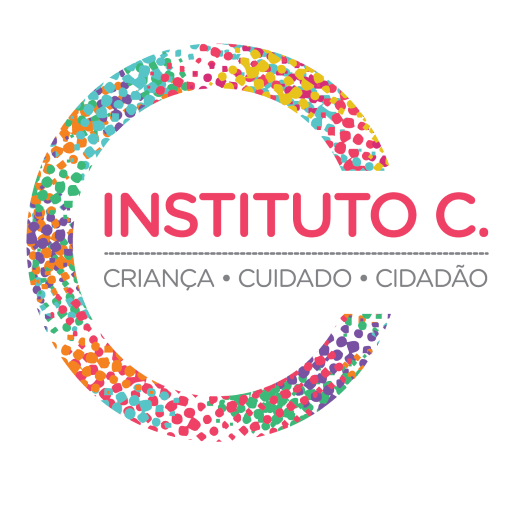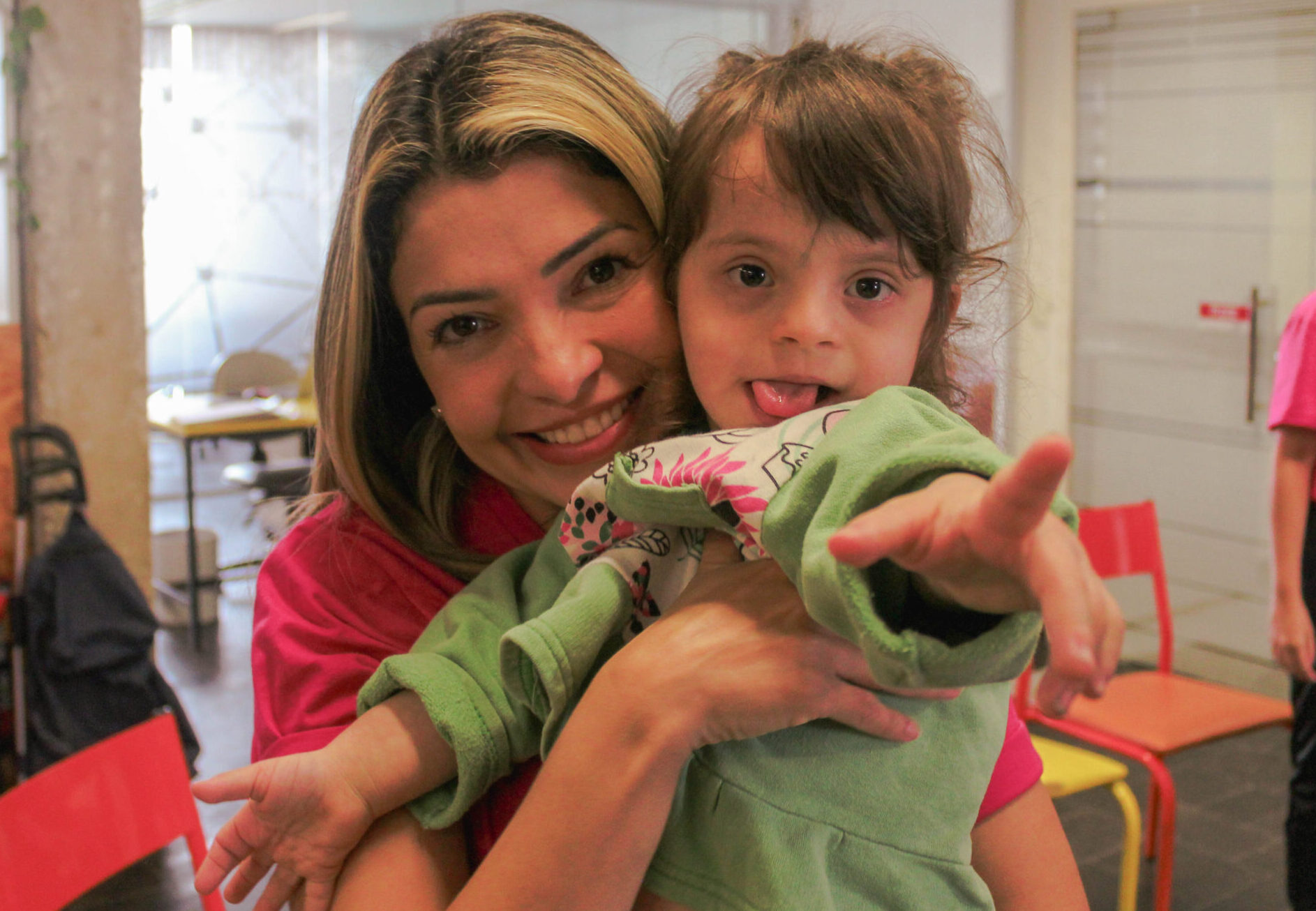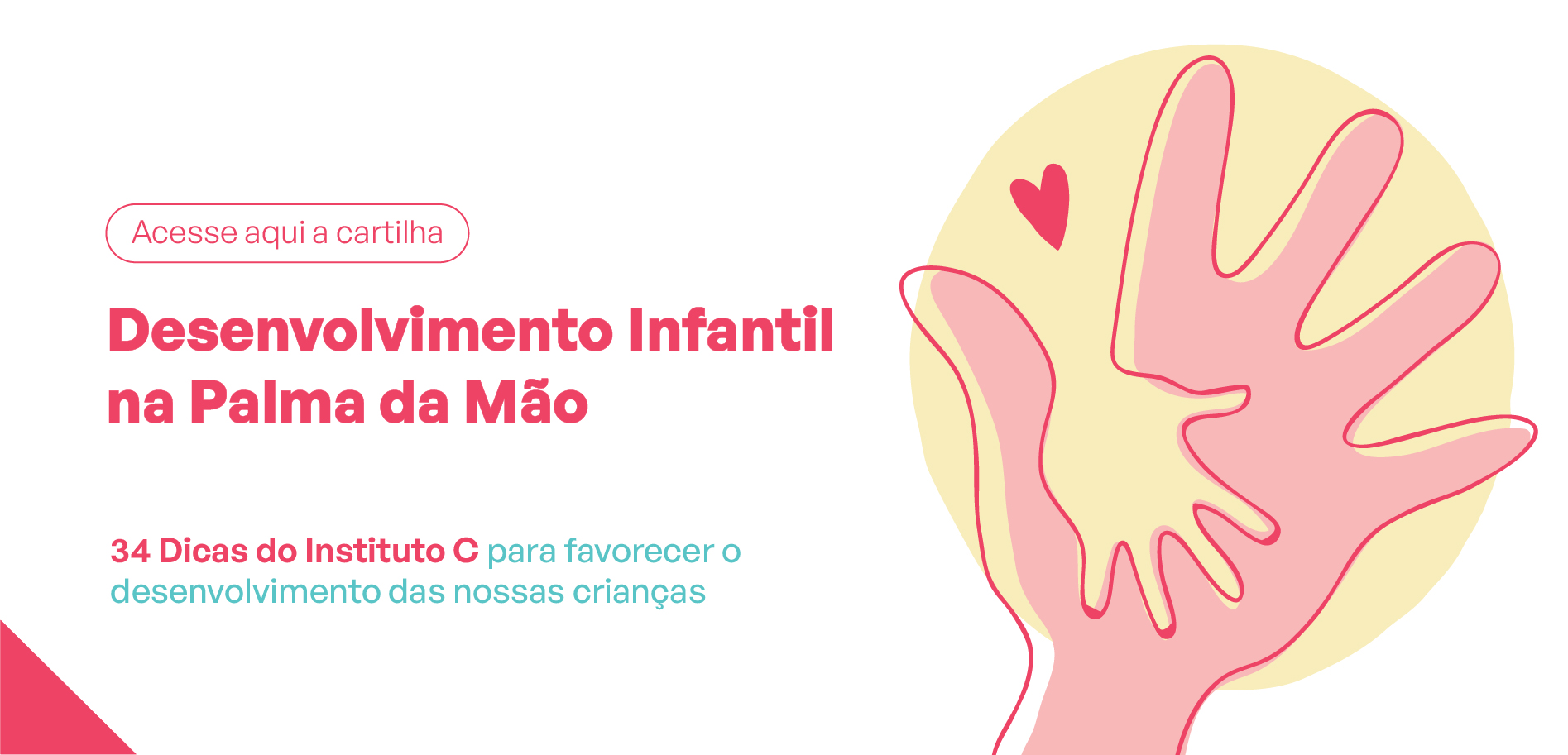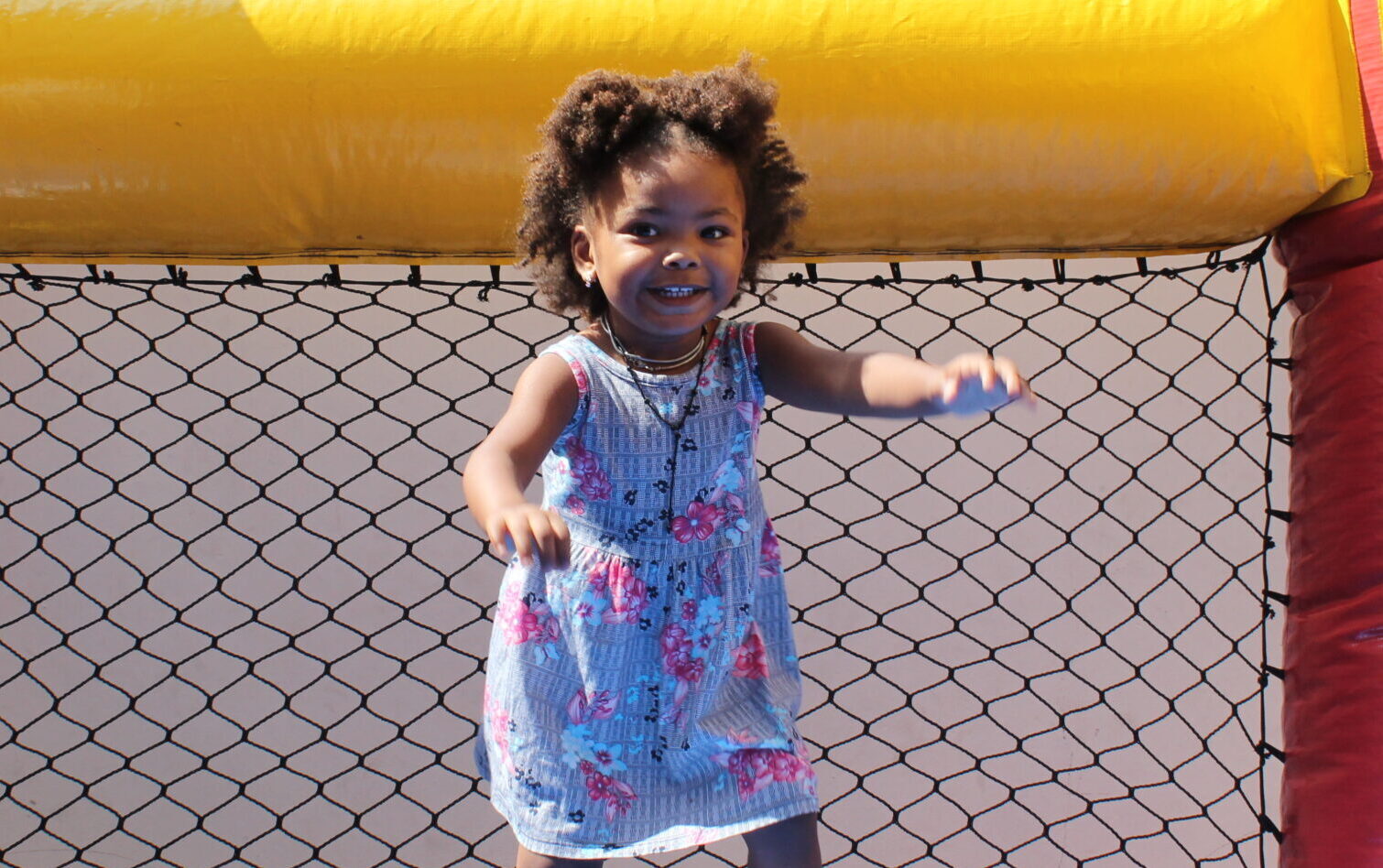Child Development at Your Fingertips: Check Out Instituto C’s Early Childhood Guide
Early childhood is one of the most important phases in human development. For children aged 0 to 6, it’s a time of discovery and rapid skill-building, while for caregivers, it’s a daily challenge to manage the many areas that require attention. With this in mind, we developed a guide featuring over 30 tips—covering everything from the importance of play to promoting healthy eating habits.
At Instituto C, the child is not just in our name—they are our priority. Childhood is the moment to act carefully and deliberately to break cycles of poverty, reduce inequality, prevent violence, and build a healthier, fairer society. This is a message also echoed in the content by the Maria Cecilia Souto Vidigal Foundation and in our own blog article.
Katia Moretti, coordinator of the Institute’s community centers, believes the guide strongly reflects our mission:
“Instituto C has, at its core, the commitment to bring accessible information to families in socially vulnerable situations—many of whom don’t have access to the correct resources. This guide is closely aligned with our work in protecting children.”
You can’t talk about children without talking about their rights—and that’s our daily focus, both in our work and in the guide. We understand that all aspects of a child’s life are tied to the rights guaranteed to them, such as access to quality education, healthcare, the right to play, and many others outlined in the Statute of the Child and Adolescent (ECA), which continue to shape every individual’s life.
Combating Inequality for a Healthy Childhood
Much like our multidisciplinary work at the Institute, the guide also branches into many different areas, all interconnected. Our cross-sector approach is reflected in this material, which is primarily focused on guidance and support. “Instituto C works in multiple areas simultaneously, and the guide really brings this multidisciplinary aspect together,” emphasizes Katia.
Caring for children is a collective responsibility, which means this type of work must expand and reach more people. In this context, we face the daily challenge of reducing inequality through greater access to essential rights—especially in health and education—so that all children can share the same experiences and opportunities.
In our experience, socioeconomic inequality is one of the main barriers preventing children from accessing their rights during early childhood.
“Early childhood is when inequality most impacts development—but it’s also when the right interventions can be the most powerful and transformative in a child’s life,” says our project manager.
Another issue Katia highlights is the lack of support networks for families in vulnerable situations. She believes that we must view the family as the foundation for nurturing early childhood development and building social justice from birth onward.
A Guide for Everyone
We designed this guide to support both professionals working with children and caregivers who may not yet be familiar with this topic. For families, the guide is an informative tool that reinforces the importance of looking more attentively and affectionately at early childhood—since not everyone is aware of just how crucial this stage of life is.
“Because it includes information from different areas, in accessible language, and offers practical tips for interacting with children, the guide helps people realize how essential it is to care deeply for early childhood,” adds Katia.
For professionals, the guide can serve as a reference for training sessions or activity planning. It can be used directly with children or to educate other professionals and caregivers who work with early childhood.
Access to Services for Children
The guide also includes key public services that are essential to children and available to all. These services are designed specifically to protect and promote children’s rights, prevent violations, and ensure proper care. The more families and professionals know about these services, the more protected early childhood becomes—and, as a result, children can grow and thrive more healthily.
“We dream of a world where all children can develop to their full potential, starting in early childhood.”
We hope this guide becomes a valuable tool in the daily lives of families, caregivers, and institutions working with young children.
Click the banner below to download the full document and use it in the way that best suits your needs!



